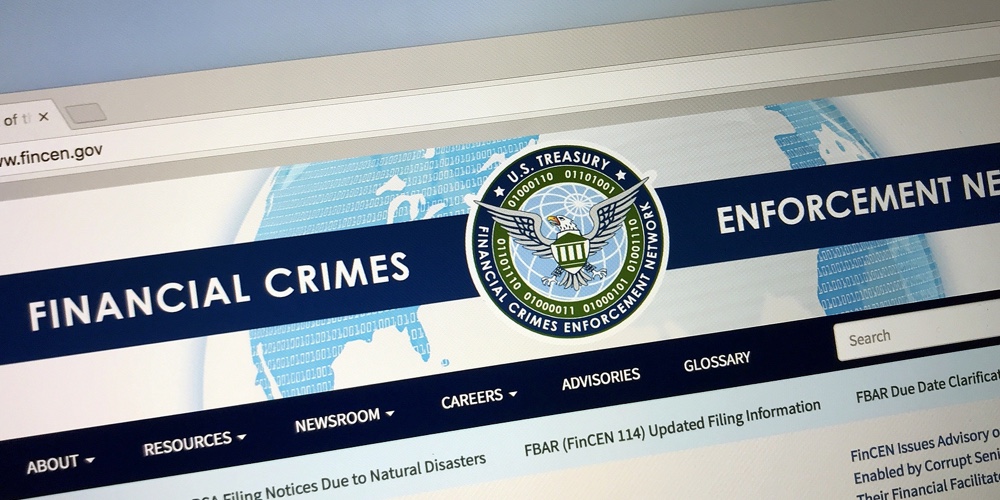FinCEN flexes new power in Bitzlato order

Are you a fan of superhero movies? Do you enjoy watching the big-budget (and lets be honest, mostly CGI) triumph of good over evil? I do. My wife and I watched Iron Man on our second date and since then have tried to keep up with all of the Marvel Cinematic Universe, although that’s gotten much harder over the years considering it now spans about 30 movies and multiple TV shows. One of the most exciting plot points in those movies is when the hero learns or masters a new skill just in time for the big showdown with the villain – Spiderman learning to use his Spider-sense at the end of Far From Home, Thor learning to channel his thunder-and-lightning powers without his hammer – the list goes on. I was reminded of those films recently when the Financial Crimes Enforcement Network (FinCEN) exercised one of its own powers for the very first time – the power to declare an institution to be a “primary money laundering concern in connection with Russian illicit finance.” If FinCEN was a superhero, I’m sure that power would have a snappier name, but I digress. Let’s look at this new power and what it means:
Think back to the end of 2020 – Congress had worked hard to pass the National Defense Authorization Act (NDAA), which would fund the military for 2021, but then President Trump had vetoed it. On January 1, 2021, Congress overrode that veto and the NDAA became law. We’ve blogged about that NDAA before – tucked within its vast pages were a number of smaller bills, some of which related to Bank Secrecy Act (BSA) and Anti-Money Laundering (AML) topics – namely the Anti-Money Laundering Act of 2020 and the Corporate Transparency Act of 2020, which FinCEN is still working to implement to this day.
One provision of the 2021 NDAA that received less attention at the time was section 9714. That part of the bill provided the origin for this new power. It stated that the Treasury Department could now “determine that reasonable grounds exist” for labeling one or more financial institutions, class of transactions, or accounts – if operating or located within or involving a jurisdiction outside the United States – as a “primary money laundering concern in connection with Russian illicit finance.” In other words, FinCEN (a subagency of Treasury) could now declare certain institutions, types of transactions, or certain accounts to be instruments of Russian money laundering. Should FinCEN determine that the label is appropriate, then section 9714 authorizes the agency to require “domestic financial institutions” (including credit unions) to:
continue reading »
